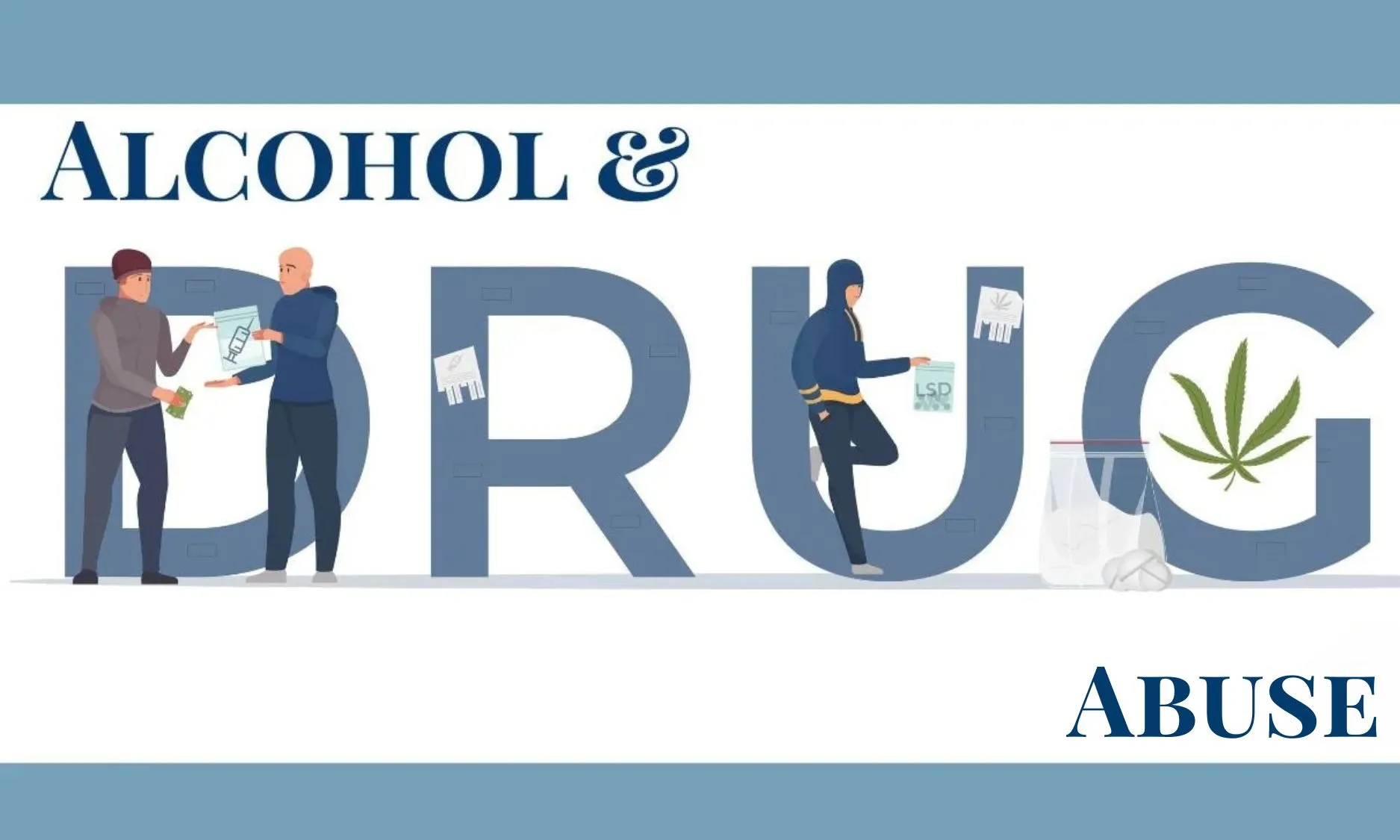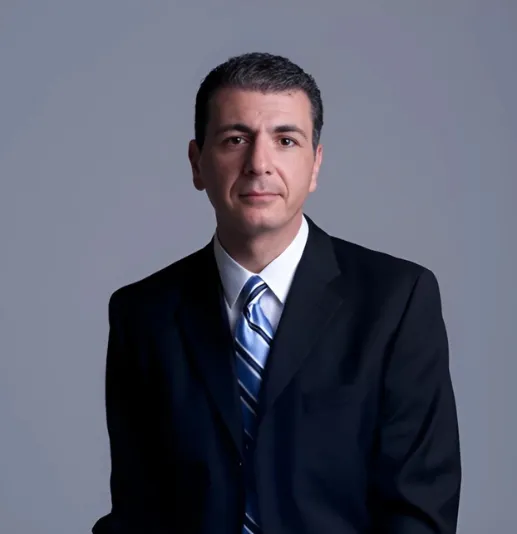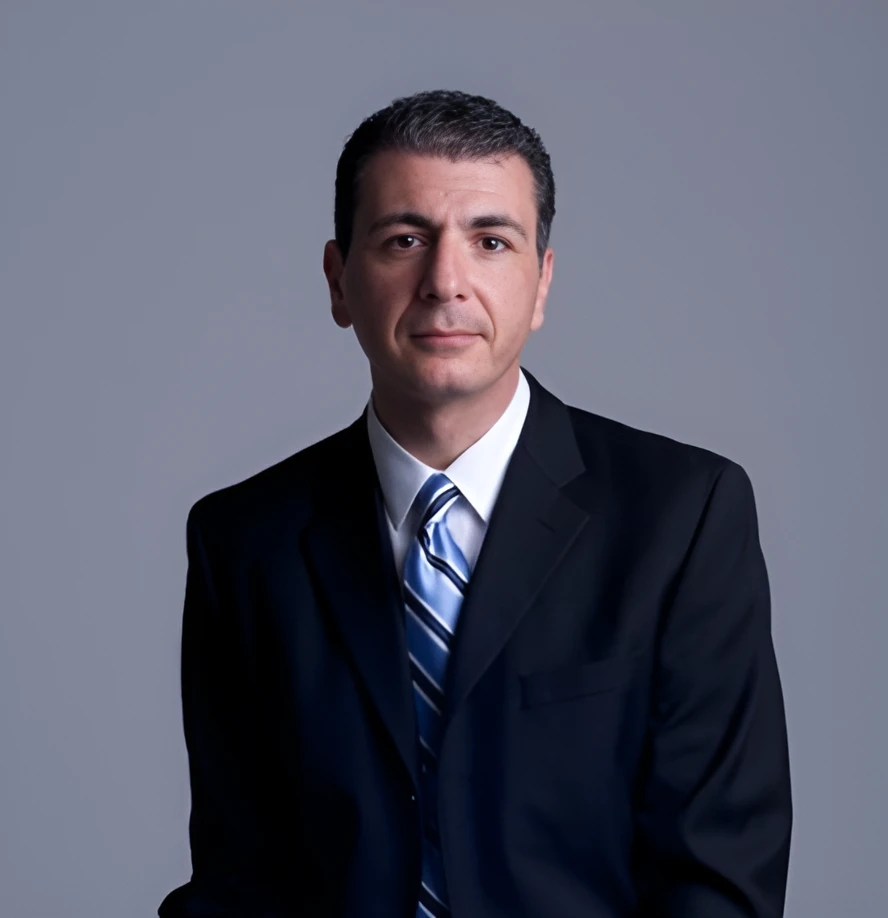Other Services
1- Individual Therapy
2- Couples and Marriage Counseling
3- Christian Counseling
4- Families
Alcohol and Drug Addiction Therapist and Psychologist San Jose California
In Santa Clara County, over 86% of the population has lifetime substance use, with alcohol and marijuana being the most common.
In California, the number of deaths resulting from opioid overdose rose from 3,244 in 2015 to 7,847 in 2023, showing a significant increase of approximately 142%. Each number represents a family devastated, a story left unfinished, and a reminder of how urgently help is needed right now.
Addiction is treatable with evidence-based therapy and medical treatment.
Dr. Invia, a San Jose addiction therapist, offers individualized, culturally sensitive care to help you or a loved one start down the road of recovery. Book your free consultation today.
If you’re struggling, a San Jose addiction therapist can help. Book a free consultation today to start your path to healing.
Understanding Alcohol and Drug Addiction

The first step to correcting alcohol Addiction, drug Addiction and substance Addiction disorder (SUD) is to understand the terms.
Below are the medical definitions for each. Knowing these terms helps you recognize addiction and seek the right treatment:
- Alcohol Addiction (NIAAA Definition) : Excessive drinking that results in harm to a person's health or safety, reduces their ability to fulfill daily responsibilities, and creates the potential for injury to themselves or others.
- Drug Addiction (NIDA Definition) : Using an illegal substance or misusing a prescription drug in a way that causes, or could cause, harm to one’s physical or mental health.
Key Differences Between Alcohol & Drug Addiction and SUD
Type | Definition | Example |
Alcohol Addiction | Harmful drinking patterns | Binge drinking daily |
Drug Addiction | Illegal/misused drug use | Using opioids without a prescription |
SUD | Clinical addiction | Needing substances to function |
Common Addictions in San Jose, California:
- Alcohol
- Cocaine
- Marijuana
- Methamphetamine
- Opioids (e.g., fentanyl, oxycodone)
- Prescription stimulants (e.g., Adderall)
The Human Side: Stories of Addiction and Recovery in California
Addiction affects many in Silicon Valley, from professionals hiding opioid dependency to individuals struggling with alcohol. With evidence-based therapy, recovery is possible.
Dr. Invia has helped numerous San Jose patients achieve lasting sobriety through personalized plans, combining therapy and medication-assisted treatment when needed.
For example, In San Jose, professionals who once felt trapped by substance Addiction behaviors have found a path to recovery—reclaiming their careers, rebuilding trust in their relationships, and experiencing real hope for the future.
Recovery is possible. You're not alone. Reach out to San Jose therapist Dr. Invia today!
Alcohol and Drug Addiction: Causes & Signs
Addiction doesn’t happen all at once—it gradually develops from a combination of biological, emotional, and social influences.
Understanding what contributes to it and noticing the early warning signs can help you or someone you care about get support before addiction takes over.
Common Causes of Addiction
Some causes of addiction include:
- Genetics –Family history increases risk (NIDA).
- Trauma – PTSD or unresolved emotional pain can lead to self-medicating.
- Social Pressures – Peers or workplace culture can normalize your Addiction.
- Stress – Silicon Valley’s high-pressure environment can fuel dependency.
- Mental Health Disorder – Depression, anxiety, or ADHD may lead to substance use.
Addiction doesn't suddenly appear overnight—it builds up over time, fueled by a mix of physical, emotional, and social elements.
Paying attention to the warning signs and understanding the root causes can make it easier to get help before addiction takes control.
Signs of Addiction in Accordance with DSM-5 Criteria
How do you know if you are addicted to something? Here are the signs:
- Loss of control – Using more and for a longer period than intended.
- Inability to quit – Tried to quit taking drugs/drinking without success.
- Withdrawal symptoms – Has shaking, sickness, or anxiety, without use.
- Risky use – Has taken drugs or alcohol in risky situations (i.e., driving).
- Neglecting obligations – Work, school, or family suffering (leading to divorce).
If any of these signs sound familiar, a San Jose addiction specialist can help you repair emotional damage. The faster you get help the more successful you will be in recovery.
Complications of Alcohol and Drug Addiction
Addiction changes the brain's wiring, disrupting its natural balance. Substances like drugs, alcohol, and opioids flood the brain with dopamine, leading it to prioritize these substances over basic survival needs like food, sleep, and connection.
- Mental Health - Worsening anxiety, depression, or psychosis.
- Physical Dependence - Withdrawal symptoms like tremors or seizures.
- Relationships - lying, isolation, aggressive behaviors towards family/friends/others.
- Cognitive Consequences - Memory issues, impaired judgement, and impaired decision making (NIH).
The longer the addiction continues, the harder recovery becomes, but the brain can heal with treatment.
Treatment and Recovery Options in California to Manage Alcohol and Drug Addiction
For serious cases of addiction, there are live-in treatment centers that provide specialized care on a full-time basis.
Many people find that they are more comfortable with part-time treatment programs that allow them to continue their work and/or family responsibilities.
Doctors may prescribe some medications to help with cravings and prevent relapse, particularly for those struggling with alcohol and/or painkiller addiction.
The best results are usually a combination of different approaches that best matches the person’s unique situation.
Therapy for Addiction
Therapy is a way to re-wire negative thought patterns and break harmful behavior. Common approaches include:
- Cognitive Behavioral Therapy (CBT) - Identifies triggers and builds coping skills.
- Motivational Interviewing (MI) - strengthens commitment to change.
- Co-Occurring Disorder Treatment - Addresses mental health alongside addiction.
- Group Therapy - Being with others (AA, NA etc.) reduces feelings of isolation.
In short, you will have a tailored treatment plan that gives you a safe place to talk about what you are experiencing, while learning strategies for long-term sobriety.
When Should I See a Therapist?
Consider seeing a therapist if:
- You have tried quitting but relapsed.
- Substance use harms work, health, or relationships.
- You experience withdrawal symptoms when stopping.
An expert therapist can walk you through the recovery process, even for porn addiction, and minimize withdrawal symptoms to maximize treatment.
Medication for Addiction
Depending on the severity of your situation, your therapist or doctor may prescribe medications to maximize your treatment. Some of these include:
- Opioids: Buprenorphine, Methadone (reduce cravings).
- Alcohol: Naltrexone, Acamprosate (block pleasurable effects).
- Stimulants (e.g., Meth): No FDA-approved meds yet, but therapy is effective.
CAUTION: These drugs are to be prescribed by a professional and should not be taken outside of a doctor’s prescription.
With Expert Support You Can Recover from Addiction.
Addiction is tough, but recovery is possible. Thousands in San Jose have overcome addiction. Cravings, setbacks, and trying to piece your life back together—it’s not easy. But here’s the truth: you’re not alone, recovery is possible, and when you’re ready, help is here.
No matter what you're struggling with—alcohol, opioids, meth, or something else—there’s real help that works. Whether it’s therapy, medication, or both, the right support can help you take back control of your life.
Why not take the first step today?
Reach out to Dr. Invia for a free and confidential consultation and begin your journey toward freedom from addiction. Your future self will be grateful.
Read More: When to Walk Away from someone with mental illness.
Frequently Asked Questions
What kind of clinician treats addiction?
Addiction psychologists focus on people's substance use disorders. They provide therapy, diagnose co-occurring mental health disorders, and develop treatment plans.
What’s the difference between a therapist and a substance Addiction counselor?
Therapists address mental health and addiction; counselors focus on substance use recovery (e.g., rehab, 12-step groups).
Which behavioral therapies help with addiction?
Some of the best therapies for addiction include:
- Motivational Interviewing to increase the willingness to quit.
- CBT (Cognitive Behavioral Therapy) to correct harmful thought patterns.
- Contingency Management, which rewards positive behaviors (e.g., clean drug tests).
Talk to Dr. Invia — licensed Marriage & Family Therapist.



